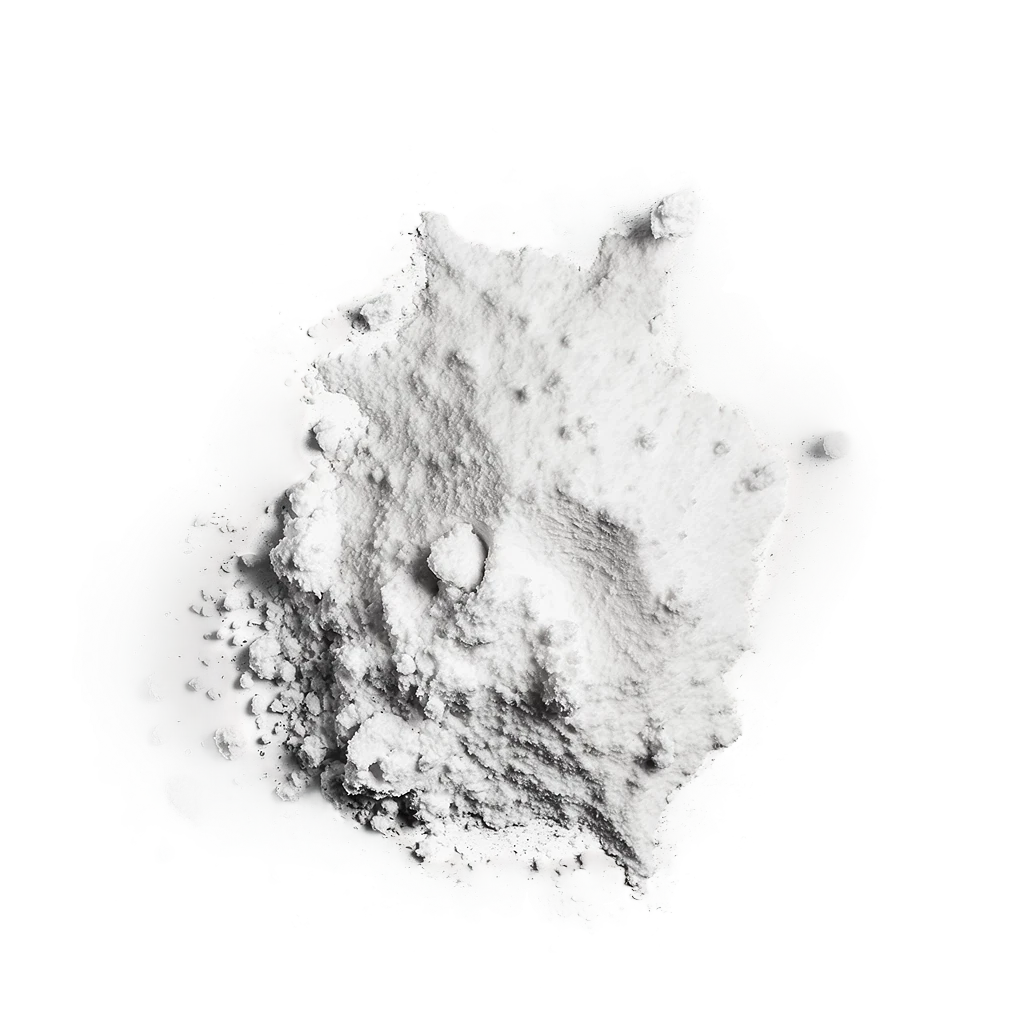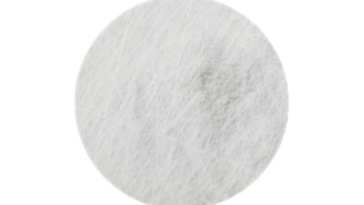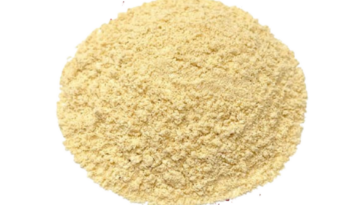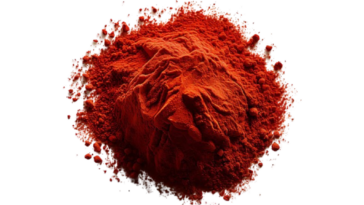Bifidobacterium lactis, commonly abbreviated as B. lactis, is a species of bacteria belonging to the genus Bifidobacterium, which is renowned for its probiotic properties. The origins of B. lactis can be traced back to the pioneering work of Dr. Minoru Shirota, a Japanese scientist who isolated this strain in the early 20th century. Dr. Shirota was motivated by the desire to develop a fermented dairy product that could promote digestive health and combat harmful pathogens. After rigorous experimentation, he successfully isolated a strain of bacteria from the intestines of a healthy human that exhibited desirable probiotic traits. This strain was subsequently named Bifidobacterium lactis Shirota, in honor of its discoverer.
Over the decades, B. lactis has garnered significant attention from researchers and health professionals due to its potential health benefits. It has been extensively studied for its ability to modulate the gut microbiota, enhance immune function, and alleviate gastrointestinal disorders such as irritable bowel syndrome (IBS) and inflammatory bowel disease (IBD). Its resilience in the acidic environment of the stomach and its adherence to intestinal epithelial cells make it particularly effective as a probiotic supplement. Today, B. lactis is widely incorporated into various dairy products, such as yogurt and fermented milk, as well as dietary supplements, to promote digestive health and overall well-being. Its origins in scientific inquiry and its proven efficacy continue to underscore its importance in the realm of probiotics and human health.
Vitamins & Minerals:
Bifidobacterium lactis (B. lactis) is a species of probiotic bacteria commonly found in the human gut. While it primarily serves to support digestive health by maintaining a balance of beneficial bacteria in the gut microbiome, it also offers several essential vitamins and minerals. Here’s a breakdown of some of the key nutrients it provides:
- Vitamin B12: B. lactis contributes to the production of vitamin B12, a crucial nutrient involved in various bodily functions, including DNA synthesis, nerve health, and the formation of red blood cells. Vitamin B12 is primarily found in animal products, making it essential for vegetarians and vegans who may have limited dietary sources. By producing this vitamin, B. lactis helps ensure optimal levels in the body, supporting overall health and energy metabolism.
- Vitamin K2: Another important nutrient synthesized by B. lactis is vitamin K2. This vitamin plays a vital role in bone health by regulating calcium deposition, thus contributing to bone density and strength. Additionally, vitamin K2 is involved in cardiovascular health, as it helps prevent calcium buildup in the arteries, reducing the risk of arterial calcification and cardiovascular diseases. By producing vitamin K2, B. lactis supports not only bone health but also overall cardiovascular wellness.
- Calcium and Magnesium: While not directly synthesized by B. lactis, this probiotic strain enhances the absorption of calcium and magnesium in the gut. Both minerals are essential for various bodily functions, including bone health, muscle function, and nerve transmission. By improving the absorption of calcium and magnesium, B. lactis contributes to maintaining strong bones, muscle integrity, and overall physiological balance. This is particularly beneficial for individuals at risk of osteoporosis or those with conditions affecting mineral absorption.
Probiotic, Prebiotic, or Postbiotic:
Bifidobacterium lactis (B. lactis) is primarily considered a probiotic. Probiotics are live microorganisms that, when administered in adequate amounts, confer a health benefit on the host. B. lactis is one of the commonly used strains in probiotic supplements and is known for its potential health benefits, particularly in supporting digestive health and immune function.
However, B. lactis can also indirectly influence the production of postbiotics. Postbiotics are metabolites produced by probiotic bacteria during fermentation, such as short-chain fatty acids, organic acids, and peptides, which can have beneficial effects on the host’s health. As B. lactis and other probiotic bacteria ferment dietary fibers and other substrates in the gut, they produce these postbiotic compounds, which can contribute to gut health, immune modulation, and other physiological processes.
As for prebiotics, these are non-digestible fibers that selectively promote the growth and activity of beneficial bacteria in the gut, including probiotics like B. lactis. While B. lactis itself is not a prebiotic, it can benefit from the presence of prebiotic substrates in the gut environment, such as certain types of dietary fiber like inulin, oligosaccharides, and resistant starches. These prebiotics serve as fuel for B. lactis and other beneficial bacteria, promoting their growth and activity in the gut.
So, in summary:
- Bifidobacterium lactis is primarily a probiotic, offering direct health benefits when consumed in adequate amounts.
- It can indirectly contribute to the production of postbiotics through fermentation in the gut, which can further support health.
- While not a prebiotic itself, B. lactis can thrive in the presence of prebiotic substrates, enhancing its probiotic effects.
Dietary & Health Information:
Bifidobacterium lactis (B. lactis) is a type of beneficial bacteria commonly found in the human gastrointestinal tract. It belongs to the Bifidobacterium genus, known for its probiotic properties. Probiotics are live microorganisms that, when consumed in adequate amounts, confer health benefits to the host.
Dietary and health information for B. lactis typically revolves around its probiotic effects on gut health. Here are some key points:
- Digestive Health: B. lactis helps maintain a healthy balance of bacteria in the gut, which is essential for proper digestion and nutrient absorption. It can also help alleviate symptoms of digestive disorders like irritable bowel syndrome (IBS) and diarrhea.
- Immune System Support: Some research suggests that B. lactis may boost the immune system by enhancing the activity of certain immune cells and reducing inflammation in the gut.
- Lactose Intolerance: B. lactis produces lactase, the enzyme responsible for breaking down lactose. This can be beneficial for individuals who are lactose intolerant, as it may improve their ability to digest dairy products.
- Antibiotic-Associated Diarrhea: Taking B. lactis supplements during or after a course of antibiotics may help prevent antibiotic-associated diarrhea by maintaining a healthy balance of gut bacteria.
- Allergies and Skin Health: Some studies suggest that B. lactis supplementation could reduce the risk of certain allergies and improve skin health by modulating the immune response.
As for the maximum intake per day, there isn’t a universal recommendation, as individual needs and tolerance vary. However, it’s generally considered safe to consume probiotics, including B. lactis, in amounts commonly found in foods like yogurt and fermented products. For specific supplements, it’s advisable to follow the dosage instructions provided by the manufacturer or consult with a healthcare professional, especially if you have any underlying health conditions or concerns. Overconsumption of probiotics may lead to temporary digestive discomfort in some individuals, but serious side effects are rare.




 No products in the cart.
No products in the cart.